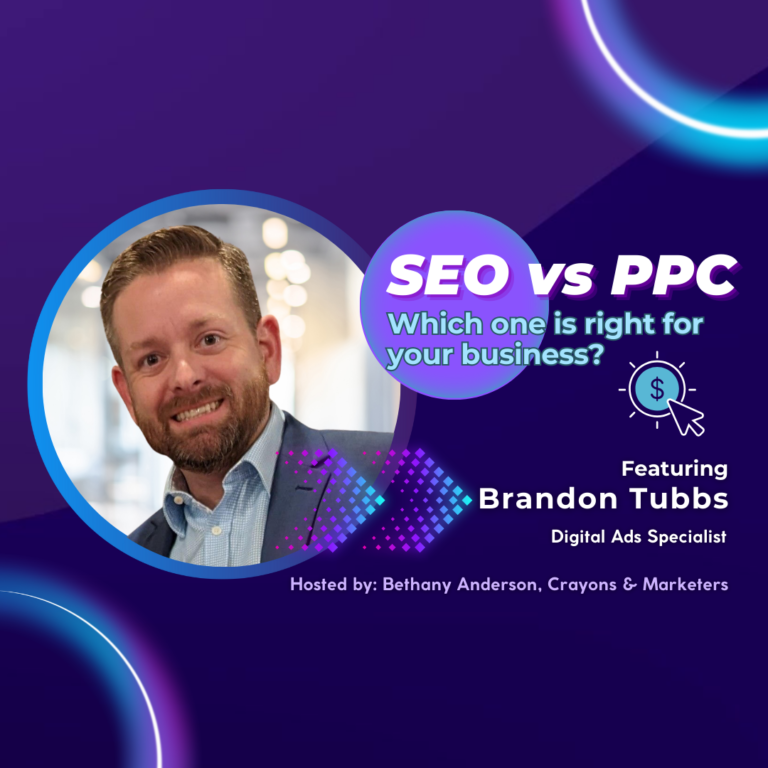How to Make Your Agency More Attractive to Diverse Suppliers

Calls for social justice last year shined a national spotlight on disparities in contracts awarded to diverse suppliers. While this may have been news to the broader community, minority, women, veteran, and LGBT- owned business enterprises have been calling foul for some time now.
The federal government has achieved its goal of awarding at least 25% of all contracts to small businesses. However, it is struggling to reach its goal to award at least 5 percent of all federal contracts to women-owned firms. The U.S. Department of Commerce reports that women-owned businesses are 21% less likely to win a federal contract. Disparities exist at the local level as well. For example, a 2018 disparity study found that firms owned by minorities and women are significantly underutilized in Metro Nashville government.
And while many factors influence these statistics, barriers to participation must be identified and eliminated if we are to level the playing field for diverse suppliers.
Benefits of Supplier Diversity
Supplier diversity contributes to economic justice by enabling firms from underrepresented communities to scale and provide jobs. But it also improves organizational outcomes for the participating agencies. According to Harvard Business Review, an inclusive procurement strategy widens the pool of potential suppliers and promotes competition in the supply base. And a diversified and engaged supply chain goes a long way in boosting public perception of the participating agency, the public views these agencies more favorably than those that do not prioritize supply chain diversity.
For the business owner, diversifying income is critical for business sustainability. Many firms aspire to build their revenue mix with a combination of private and public sector work. Fostering strong relationships with diverse suppliers fulfills participation requirements and empowers firms with opportunities to gain experience.
Barriers to Participation
Diversifying your supply chain isn’t just about checking a box, however. Too often, diverse suppliers are asked to participate to fulfill the diversity requirement but never see the work. But, diverse suppliers, especially those serving as subcontractors, do not benefit from participating in name only. These businesses are eager to gain tangible experience and earn revenue so they can pursue opportunities as prime contractors.
Some diverse suppliers shy away from working in public sector because they don’t feel supported. Others express concerns with well-intentioned small business contracting programs that provide no clear path to prime status.
Government agencies are unquiely positioned to build programs that foster healthy prime/subcontractor relationships. Doing so creates learning and capacity-building opportunities that benefit both parties. A great example of this is the SBA Mentor-Protégé Program (MPP) that pairs small businesses with experienced government contractors. This symbiotic relationship isn’t reserved for large government entities, however. City and state governments, municipalities, and the military, for example, can adopt similar programs. Coaching small businesses on how to do business with your organization limits frustration and opens the door for more diverse suppliers to participate.
Publicize Your Commitment to Diverse Suppliers
Getting the word out about your agency’s efforts to engage diverse suppliers is essential to driving participation in your programs. There are several ways to do that. Partner with organizations like the National Minority Supplier Development and local incubation centers, women’s business centers, and chambers of commerce. Utilize social media, press releases, your website, newsletters, and the media to market your programs. Publicize your quarterly and annual spend and number of bids awarded.
If you have an intranet, a company newsletter, or other internal channels, spotlight the procurement team and their initiatives. Doing so reaffirms your commitment and energizes employees and potential hires. Job candidates look to work for socially inclusive organizations and baking this into your culture puts you ahead.
Finally, host listening sessions and invite small business owners to attend and voice their concerns. Attend networking events and tradeshows. If your budget allows, sponsor conferences on supplier diversity to cement your position as an industry leader in this space.
But most importantly, take action.






